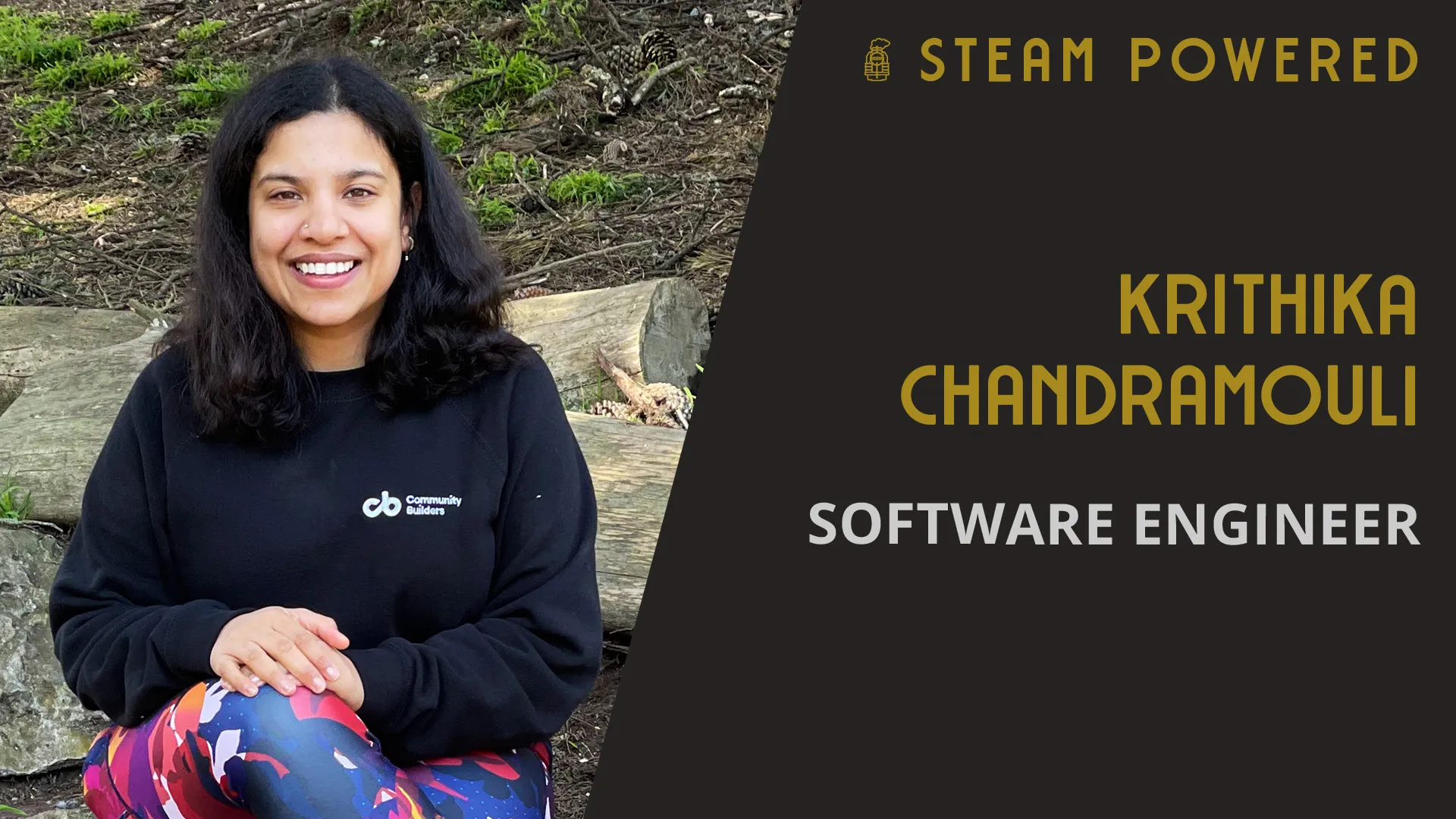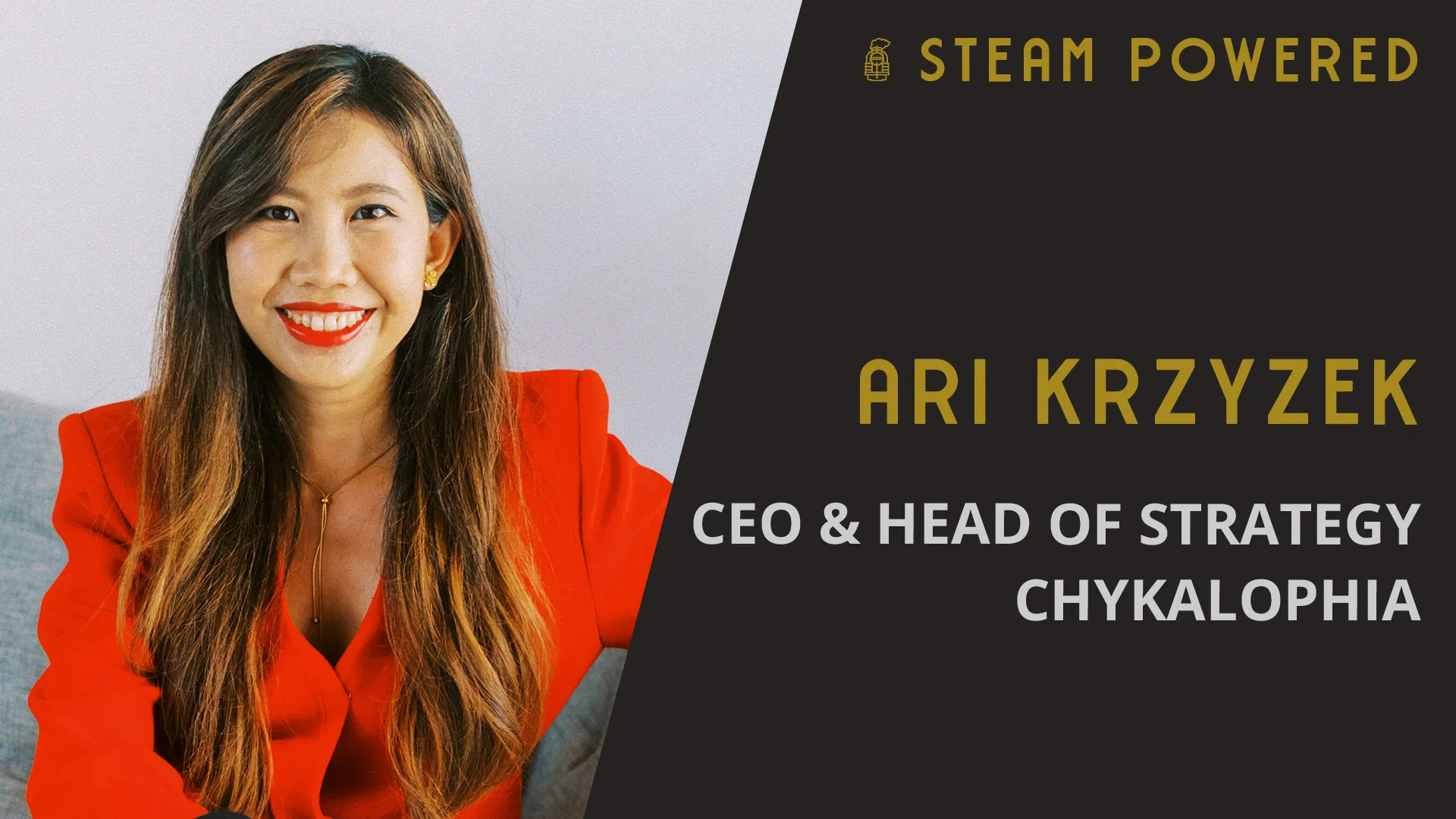Women and caste in tech in India with Raksha Kumar
Raksha Kumar is an award-winning journalist with a focus on land, forest, and human rights issues. She is also a documentary film-maker, and has written for publications including The New York Times, BBC, and The Guardian.
Join us as we speak about Raksha's investigative work into the layered and complex issues of caste and sexism in India's tech industry.
About Raksha Kumar
Raksha Kumar is an award-winning journalist, with a focus on land and forest rights. Her work highlights human rights abuses by the State, thereby holding the powerful to account. Since 2011, she has reported from twelve countries across the world and a hundred districts in India for The New York Times, BBC, The Guardian, Foreign Policy, among others. Additionally, Kumar studied media freedoms in India in great detail and wrote reports for the Committee to Protect Journalists, the International Federation of Journalists, and PEN International.
Raksha graduated from the Journalism School, Columbia University, and holds a Post Graduate Diploma in Human Rights Law. She is also a documentary filmmaker and a Chevening Fellow and has been awarded a Fulbright Scholarship for Leadership Development.
- LinkedIn: https://www.linkedin.com/in/rakshakumar
- Twitter: @Raksha_Kumar
- Instagram: @raksha_kumar
- Facebook: @raksha.kumar
Listen to the Podcast
Listen on Apple Podcasts, Spotify, iHeartRadio, Amazon Music, Castbox, Deezer, Goodpods, Overcast, Pocket Casts, TuneIn, Blubrry, Podcast Addict, Podchaser, JioSaavn, RSS , and other podcast platforms.
Watch on YouTube
- [00:02:11] Raksha's focus on human rights in journalism.
- [00:02:39] People are interesting, and each person matters.
- [00:05:03] The impetus for writing about sexism in India's tech industry.
- [00:05:11] Writing about caste in India.
- [00:05:47] India's caste system.
- [00:06:33] A court case in the US raising outside awareness to caste discrimination.
- [00:07:08] Equality Labs.
- [00:07:35] The case was covered in India, but there was no discourse around caste in the Indian tech industry.
- [00:09:22] When discrimination was raised in the investigation, gender kept coming up.
- [00:10:24] Everyone talks about gender discrimination in tech. What makes India different?
- [00:12:40] "Tech came with a promise of a flatter world."
- [00:13:12] The privilege of being blind to discrimination.
- [00:14:09] The implicit threat to remain silent for fear of repercussion.
- [00:15:14] The varied reasons for remaining silent, and the individual interpretations of discrimination.
- [00:16:52] Privilege and discrimination are not mutually exclusive.
- [00:18:19] Awareness of our individual privileges and the affect of our intersectionality.
- [00:20:50] Observations: There hasn't been any research in caste discrimination in the Indian tech sector, and the more you delve into gender discrimination the more layers there are to investigate.
- [00:23:56] The drivers behind a high percentage of women in tech in India.
- [00:25:03] An open economy and upward mobility.
- [00:28:45] The subconscious awareness of your career 'expiry' as a woman.
- [00:29:41] The two-body problem in a different context.
- [00:30:57] The issues aren't unique to tech, but the way they manifest can be.
- [00:32:40] Intense, and potentially exploitative, work environments.
- [00:32:51] Wrong paper, I meant: Becker, SO., Fernandes, A., Weichselbaumer, D., 'Discrimination in hiring based on potential and realized fertility: Evidence from a large-scale field experiment', Labour Economics, vol 59, 2019, pp 139-152.
- [00:34:10] What makes some of these issues uniquely tech.
- [00:37:22] Women's visibility.
- [00:38:56] The support structure around women and careers.
- [00:41:06] The need for bi-directional support.
- [00:43:04] Do you know how much work it takes to make something look effortless?
- [00:44:01] Well meaning policies which become unintentionally discriminatory.
- [00:46:12] Law needs to take culture into consideration.
- [00:49:01] The need to incorporate the humanities into science and technology education.
- [00:51:45] Science is about questioning. The questioning should be about all aspects of the work, not just the science.
- [00:55:18] Raksha's observations from her investigations.
- [00:58:21] The journey between knowledge and realisation.
Highlights
Connect with Us
- @steampoweredshow
- @steampoweredshw
- @steampoweredshow
- @steampoweredshow
- @steampoweredshow
- @steampoweredshow
- steampoweredshow
Support STEAM Powered
Review Us
Please leave us a review on Apple Podcasts, Spotify, GoodPods, Podchaser, or your preferred podcatcher.
Become a Patron
Affiliate Programs
Start your own podcast or YouTube channel, or run panels and seminars with
Riverside.fm. Record up to 8
people in a session with up to 1000 audience members. You can record in advance
as I do, or you can livestream with the option to send it straight to Facebook,
Youtube, Twitter, or Twitch. There’s even a green-room for guests and live call
in for audience members. Afterwards, get separate video (up to 4K) and audio (up
to 48kHz) tracks per recorded participant for editing, none of that “active
speaker only” limitation. You know you’re in good hands with a service whose
client-base includes some heavy-hitters. Check out
Riverside.fm to see who else is on
board. Use promo code STEAM25 to get 25% off the first three months of your
subscription.
Music is “Gypsy Jazz in Paris 1935” by Brett Van Donsel.

